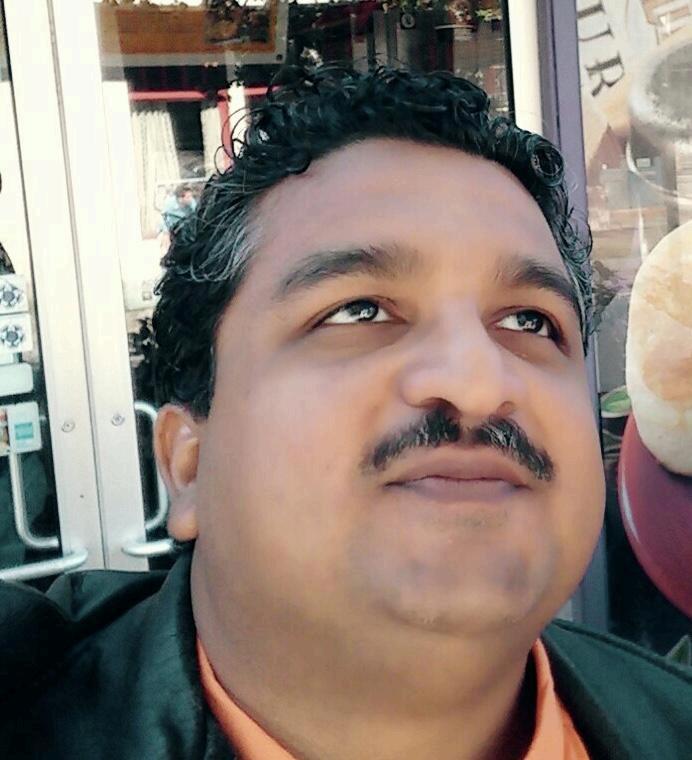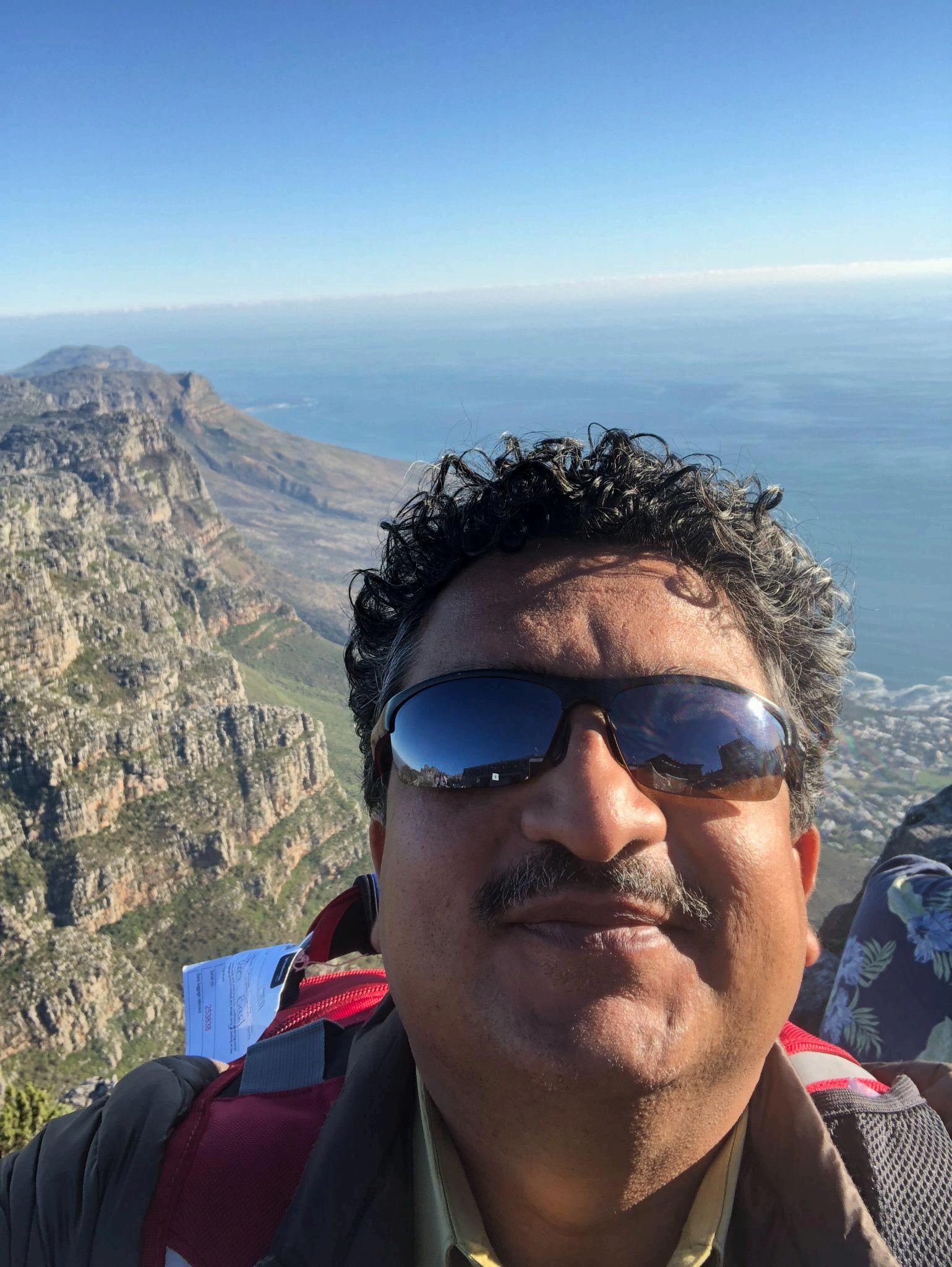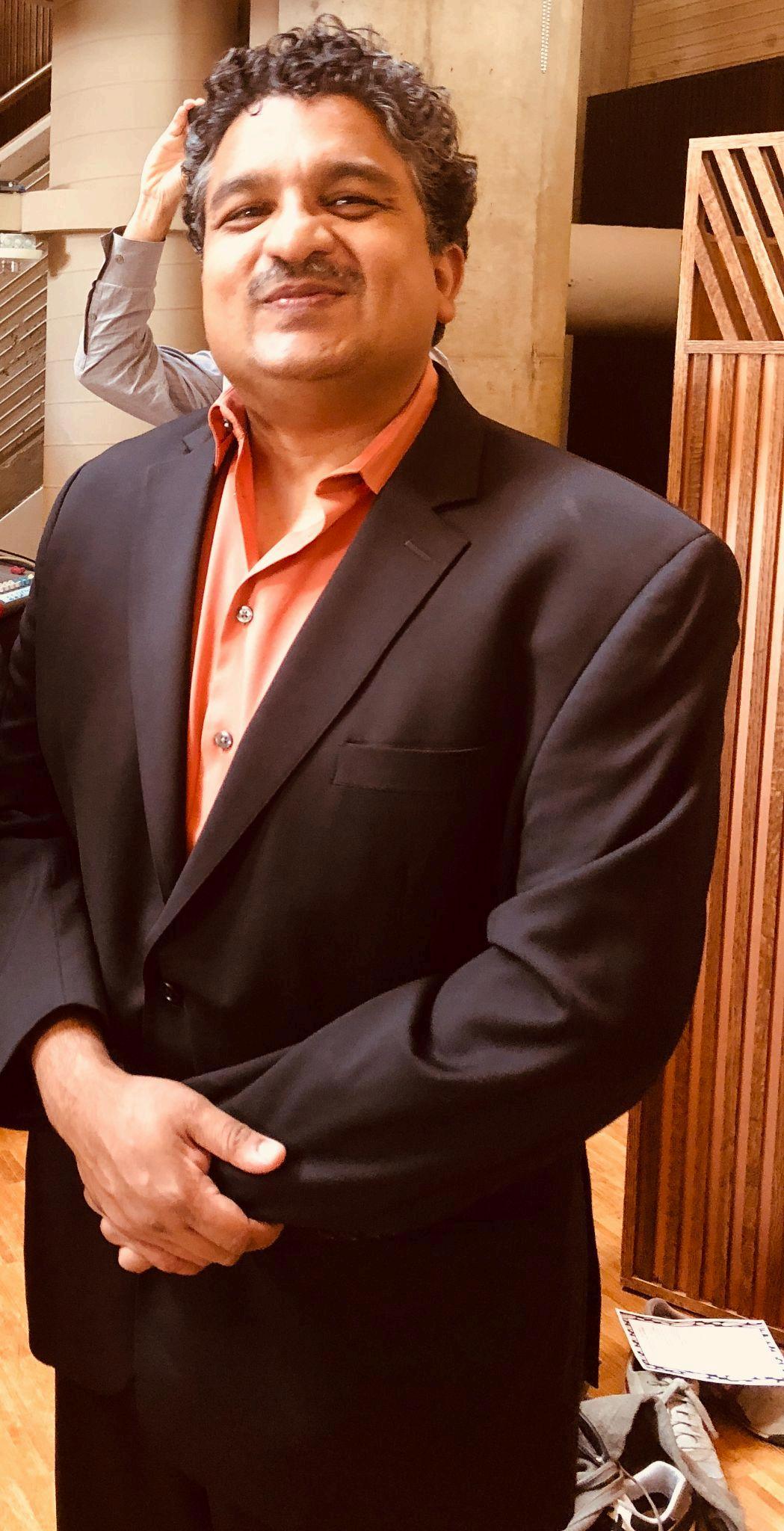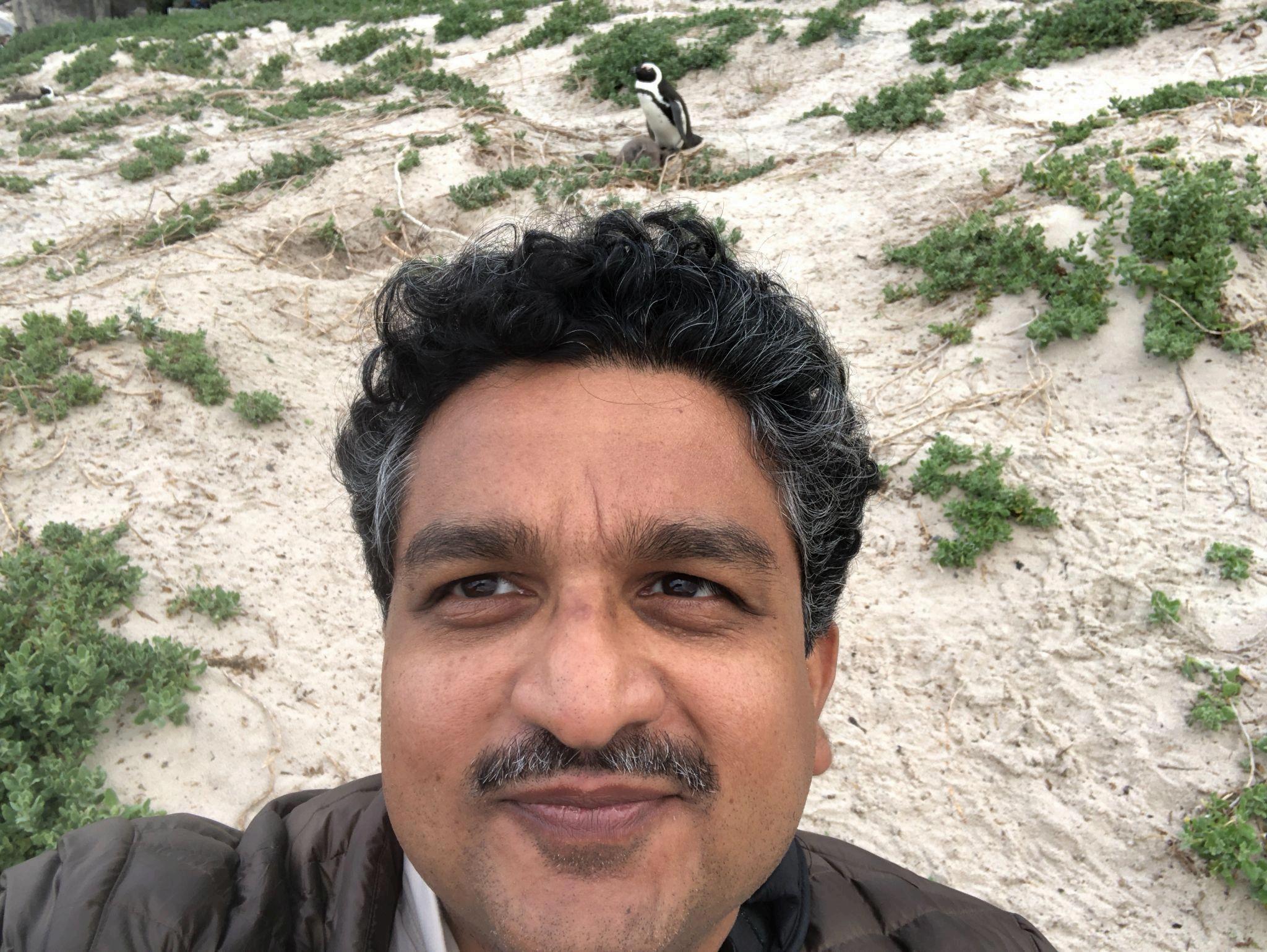Mindful Pursuits: The Role of Leisure in a Health Scientist’s
Well-Being

Isam Vaid believes that health scientists spend much of their lives immersed in data, diagnostics, and the ever-evolving world of scientific discovery. Their work, while impactful and intellectually stimulating, is often accompanied by high levels of stress, long hours, and the constant need for precision In this demanding environment, personal hobbies are not merely a means to unwind; they are essential tools for maintaining mental clarity, emotional resilience, and creative energy Engaging in meaningful leisure activities offers health scientists an outlet beyond the lab, ultimately enriching both their personal and professional lives
Among the most beneficial hobbies for health scientists are those that stimulate different parts of the brain than their typical workday requires Artistic endeavors such as drawing, painting, or playing a musical instrument provide a creative release from structured thinking. These activities allow for exploration, intuition, and emotional expression without the rigid standards of academic or clinical research For example, a scientist who plays piano might find that music enhances focus and emotional regulation, both of which are key to managing professional demands.

Physical hobbies also play a crucial role in maintaining the stamina required for a career in health science Whether it’s running, yoga, rock climbing, or simply walking, physical activity boosts cardiovascular health, reduces anxiety, and increases energy levels. For individuals who spend hours seated during data analysis or lab work, movement is a crucial counterbalance. Hiking, in particular, offers the added benefit of immersion in nature, which studies have shown to improve mood and cognitive function. These physical outlets reinforce the connection between a healthy body and a sharp mind, a connection that health scientists understand more than most
Reading for pleasure is another enriching habit Although health scientists read extensively within their field, switching to fiction, philosophy, or history can open up new modes of thinking. Fiction, for instance, develops empathy and emotional intelligence by inviting readers into other perspectives. These skills are especially valuable for scientists working in patient care, public health, or education. Leisure reading also revives a sense of curiosity without the pressure of publication or peer review, reminding scientists why they first became passionate about learning.

Gardening is a quiet but powerful hobby that aligns well with a health scientist’s appreciation for life systems and biological processes The practice of nurturing plants over time offers lessons in patience, observation, and the rhythms of nature It’s a grounding experience both literally and metaphorically that fosters mindfulness and stress reduction. Whether it’s cultivating
herbs, vegetables, or flowers, gardening invites a connection with the earth and a slower, more deliberate pace than the often-hectic world of health science.
Cooking is another activity where science and creativity intersect, as many health scientists experimenting with recipes, understanding nutritional value, and creating meals from scratch tap into both their analytical minds and personal health goals Cooking can be meditative, rewarding, and a direct way to care for oneself and others. It also reinforces healthy lifestyle practices that align with professional values in nutrition and wellness

Volunteering or mentoring is a hobby that merges service with purpose Many health scientists find fulfillment in giving back to their communities, whether by mentoring students, participating in health outreach, or contributing to local events These activities provide emotional rewards and strengthen a sense of belonging and purpose. They also serve as reminders of the real-world impact of their scientific work, reinforcing long-term motivation and job satisfaction.

Finally, mindfulness practices such as meditation, journaling, or tai chi offer essential tools for emotional balance. These hobbies cultivate presence and calm, helping scientists navigate the mental load of complex research, ethical decisions, and tight deadlines A few minutes of daily meditation can enhance concentration and reduce stress, creating a space for clearer thinking and more informed decision-making.
In all, the hobbies health scientists pursue outside of work are more than distractions; they are vital aspects of a balanced, fulfilling life These mindful pursuits not only replenish energy but also expand creativity, deepen empathy, and build resilience By making time for these activities, health scientists not only care for themselves but also enhance the quality and sustainability of their contributions to the world of health and science
